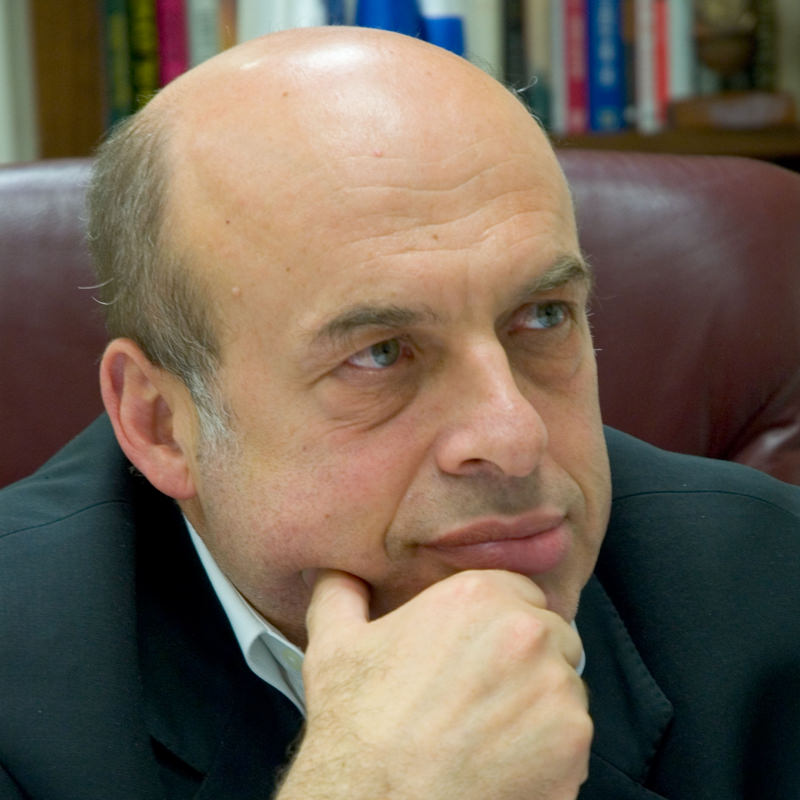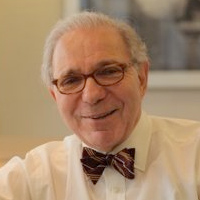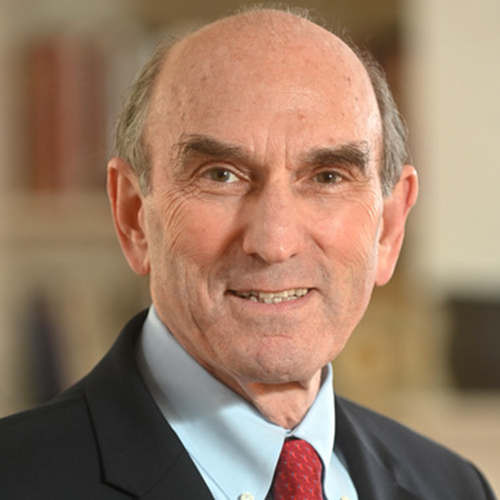The Tikvah Fund is awarding its inaugural Herzl Prize to Soviet refusenik, human rights champion, influential author, Israeli statesman, and former chairman of the Jewish Agency, Natan Sharansky.
Natan Sharansky’s life is a portrait of Jewish courage in the modern age. Whether he was fighting Soviet oppression, championing human rights, arguing for the human goods of democracy, Natan Sharansky’s Jewish identity has always driven his most consequential achievements.
At this historic, marquee session, Elliott Abrams will interview Mr. Sharansky. They will discuss his life as a young man in the Soviet Union and his rise to become a leader of the dissident movement there. They will discuss his captivity, freedom, immigration to Israel, and his life as a new immigrant already engaged in public life. Together, they will probe Mr. Sharansky’s most important writing, including his Case for Democracy that inspired the Bush administration in which Mr. Abrams was a key player. We’ll learn about Mr. Sharansky’s achievements as a Zionist elder statesman, his views of America, and how he sees contemporary global politics.

Natan Sharansky
Natan Sharansky was born in 1948 in Donetzk, Ukraine. He graduated from the Physical Technical Institute in Moscow with a degree in computer science. After graduating, he applied for an exit visa to Israel, which he was denied for “security reasons”. Very quickly he became involved in the struggle of Soviet Jewry to earn their freedom and emigrate to Israel. At the same time, he joined the human rights movement in the Soviet Union led by Andrei Sahkharov. He became one of the founding members of the Moscow Helsinki Group which united Soviet dissidents of all types. Natan Sharansky soon became an unofficial spokesperson for both movements.
In 1977, a Soviet newspaper alleged that Mr. Sharansky was collaborating with the CIA. Despite denials from every level of the U.S. Government, Mr. Sharansky was found guilty and sentenced to thirteen years in prison including solitary confinement and hard labor. In the courtroom prior to the announcement of his verdict, Mr. Sharansky in a public statement said: “To the court I have nothing to say – to my wife and the Jewish people I say “Next Year in Jerusalem”. After nine years of imprisonment, due to intense international pressure and a campaign led by his wife, Avital Sharansky, Mr. Sharansky was released on February 11, 1986, emigrated to Israel, and arrived in Jerusalem on that very day.
Upon his arrival to Israel he continued the struggle for opening the gates of the Soviet Union. The final chapter of this historic struggle for the release of Soviet Jews was the momentous rally of over 250,000 people on December 7th, 1987, of which Natan Sharansky was the initiator and driving force. The rally coincided with Soviet President Gorbachev’s first visit in Washington and was influential in pressuring the Soviet Union to ease its restrictions on emigration.
In 1988, in expectation of the opening of the gates of the Soviet Union, Natan Sharansky formed together with other former Refuseniks and Aliya (immigration to Israel) advocates the Soviet Jewry Zionist Forum, an umbrella organization of former Soviet activist groups dedicated to helping new Israelis and educating the public about absorption issues. From 1990 to 1996 Mr. Sharansky served as Associate Editor of “The Jerusalem Report” and in 1994 co-founded Peace Watch – an independent non-partisan group committed to monitoring the compliance to agreements signed by Israel and the PLO.
The party was established to accelerate the absorption of the massive numbers of Russian immigrants into Israeli society and to maximize their contribution. From 1996-2005 Natan Sharansky served as Minister as well as Deputy Prime Minister in four successive Israeli governments. In November 2006 Natan Sharansky resigned from the Israeli Knesset and assumed the position of Chairman of the newly established Adelson Institute for Strategic Studies at the Shalem Center in Jerusalem. He is also the Chairman of One Jerusalem and Beth Hatefutsoth, the Jewish Diaspora Museum in Tel Aviv.
In June 2009, Natan Sharansky was elected Chairman of the Jewish Agency for Israel. Natan Sharansky was awarded the Congressional Gold Medal in 1986 and the Presidential Medal of Freedom in 2006. He has continued to lead human rights efforts both through his writings as well as public activities. His memoir, Fear No Evil, was published in the United States in 1988 and has been translated into nine languages. His New York Times bestseller, The Case for Democracy: The Power of Freedom to Overcome Tyranny and Terror attracted wide-spread attention. After reading the book, President George Bush was quoted saying: “If you want to understand my political DNA, read this book.” His latest book, Defending Identity: Its Indispensable Role in Protecting Democracy published by Public Affairs, was released in June 2008. Natan Sharansky is married to Avital. They reside in Jerusalem and have two daughters, Rachel and Hanna, and two grandchildren.

Roger Hertog
Roger Hertog is the president of the Hertog Foundation, and chairman emeritus of Tikvah. One of the founding partners of the investment research and management firm Sanford C. Bernstein & Co., which he joined in 1968, Mr. Hertog served as the firm’s President before its merger with Alliance Capital Management in 2000. In 2006, he retired from the successor company, AllianceBernstein, and is currently vice-chairman emeritus. An alumnus of the City College of New York, Mr. Hertog was previously chairman of The New-York Historical Society and The Manhattan Institute; he has also served on the boards of the American Enterprise Institute, the New York Philharmonic, the New York Public Library, the Thomas Jefferson Foundation, and the Washington Institute for Near-East Policy. In 2007, Mr. Hertog was awarded the Medal of the National Endowment for the Humanities in recognition of his philanthropic efforts. In 2010, he received the William E. Simon Prize for Philanthropic Leadership.

Hon. Elliott Abrams
The Honorable Elliott Abrams is the chairman of Tikvah, as well as chairman of the Vandenberg Coalition and senior fellow for Middle Eastern studies at the Council on Foreign Relations in Washington, D.C. He served as special assistant to the president and NSC senior director for the Near East and North Africa in the first term of George W. Bush, and as deputy assistant to the president and deputy national security advisor in the second term. In the Trump administration, he served in the State Department as special representative for Iran and for Venezuela. He is the author of Undue Process (1993), Security and Sacrifice (1995), Faith or Fear (1997), and Tested by Zion (2013), and writes widely on U.S. foreign policy, with special focus on the Middle East and the issues of democracy and human rights. His most recent book is Realism and Democracy: American Foreign Policy After the Arab Spring (2017).


